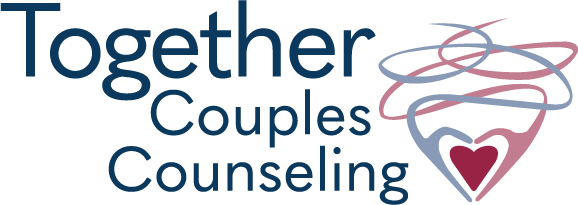Conflict happens in every relationship. Sometimes it is about big issues, and sometimes it is about small things that build up over time. What often makes conflict worse is the way we react in the moment. That is where mindfulness can help. In Relational Life Therapy (RLT), we focus on helping people stay present, take accountability, and shift from blame to connection. Mindfulness plays a key role in that process.
What Is Mindfulness?
Mindfulness means paying attention to what is happening inside and around you without judgment. It is about noticing your thoughts, feelings, and physical sensations without trying to avoid or fix them right away. This skill gives you space to choose how you respond instead of acting on impulse.
In relationships, mindfulness helps you notice your emotional triggers before they take over. That pause can change the direction of a conversation or even save it from turning into a fight.
Why Mindfulness Matters in RLT
Relational Life Therapy teaches that most people bring childhood patterns into adult relationships. When someone feels hurt or disconnected, they often react from a wounded part of themselves. This might show up as anger, defensiveness, or shutting down. RLT helps clients recognize these patterns and shift toward a more adult, grounded way of relating.
Mindfulness supports that shift. When you become aware of your reactions in real time, you can pause, breathe, and decide how to respond. This is not about being passive. It is about staying in your adult self so you can speak your truth with love and clarity.
Using Mindfulness During Conflict
Here are some ways to bring mindfulness into a tense moment:
1. Feel your feet on the ground. When we are in the midst of an argument, we can begin to lose our sense of reality and start to spiral. This small action reminds your body that you are safe and present. It also slows the nervous system.
2. Take three deep breaths before speaking. This helps your brain switch from fight-or-flight mode to a calmer, more thoughtful place. Your goal should be to respond, not react.
3. Ask yourself, “What am I feeling right now?” Naming your emotion lowers its intensity. You can then share your feeling instead of acting it out.
4. Speak from the “I” perspective. Instead of saying, “You never listen and always interrupt me,” try, “I feel dismissed when I am interrupted.” RLT encourages this type of ownership as a form of personal empowerment.
Practicing Outside of Conflict
You do not need to wait for an argument to use mindfulness. In fact, the more you practice it daily, the easier it becomes during stress. Try setting aside five minutes a day to sit quietly and notice your breath. You can also check in with yourself throughout the day by asking, “What am I feeling right now?” and “What do I need?”
This practice builds emotional muscle. It makes it easier to stay grounded when your partner says something upsetting or when tension starts to rise.
Final Thoughts
In Relational Life Therapy, the goal is not to avoid conflict all together. The goal is to move through it in a way that builds connection rather than breaks it down. Mindfulness supports that goal by helping you stay grounded, take ownership, and speak from your most authentic self.
When both partners use mindfulness, it creates space for repair, respect, and deeper intimacy. These skills are something you could be working continually in weekly couples therapy or dig deep in a 2 day couples intensive therapy.
Are you interested in working with an RLT therapist to improve the relationships in your life? You can schedule a free 15 minute consultation by visiting my contact page.






